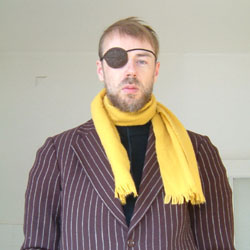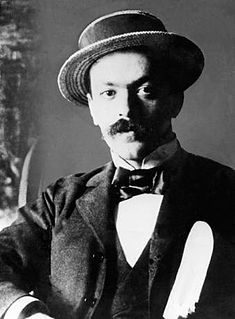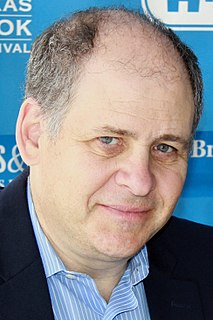A Quote by Kim Young-ha
When I wrote 'Your Republic Is Calling You,' it was Franz Kafka's writing that I had most in mind, and James Joyce's 'Ulysses.' Entirely out of the blue, Kafka's characters receive an order to go somewhere, and when they try to comply, they never quite manage it. Ki-yong in 'Your Republic Is Calling You' is precisely that sort of character.
Related Quotes
Franz Kafka once said that happiness consists in having an ideal and not progressing towards it. If you did progress towards it, you'd be unhappy because you'd never be able to reach it. You can incrementally improve your life, but you never quite experience the glamour. You never quite get to your utopia, or whatever it is. And once you realize that you can be quite Buddhist about it, and say, "Well, okay, I'm just going to keep detached from it all."
Kafka is one of my very favorite writers. Kafka's fictional world is already so complete that trying to follow in his steps is not just pointless, but quite risky, too. What I see myself doing, rather, is writing novels where, in my own way, I dismantle the fictional world of Kafka that itself dismantled the existing novelistic system.
Ultimately — or at the limit — in order to see a photograph well, it is best to look away or close your eyes. 'The necessary condition for an image is sight,'Janouch told Kafka; and Kafka smiled and replied: 'We photograph things in order to drive them out of our minds. My stories are a way of shutting my eyes.
I guess I will say, going back to the Judaism questions, there are mental reflexes or patterns that I think of as Jewish in my own feelings about mysticism and theology.Franz Kafka is someone I very much revere. If I believed in holy texts I'd go to him as a touchstone. Not that I read Kafka all the time at this point. In a way, this is what I most want to talk about and it's the hardest to talk about.
Calling has this weight that somehow we think that your calling is fixed. That your calling is this line that you’ve finally found and now you're on that track and that’s what you’re gonna do forever and maybe that's the case. But I feel like calling has much more to to do with the moment that you’re in.





































